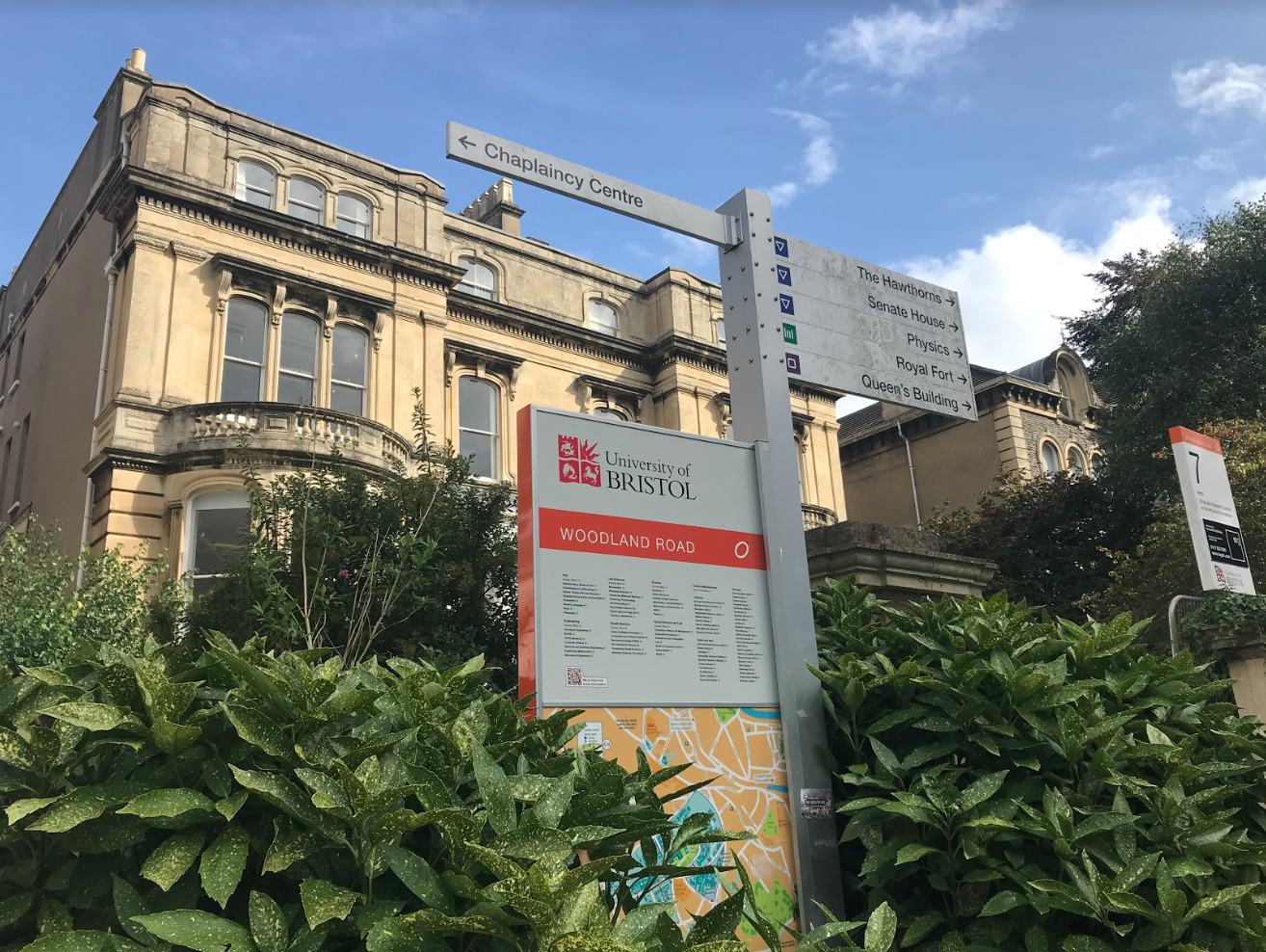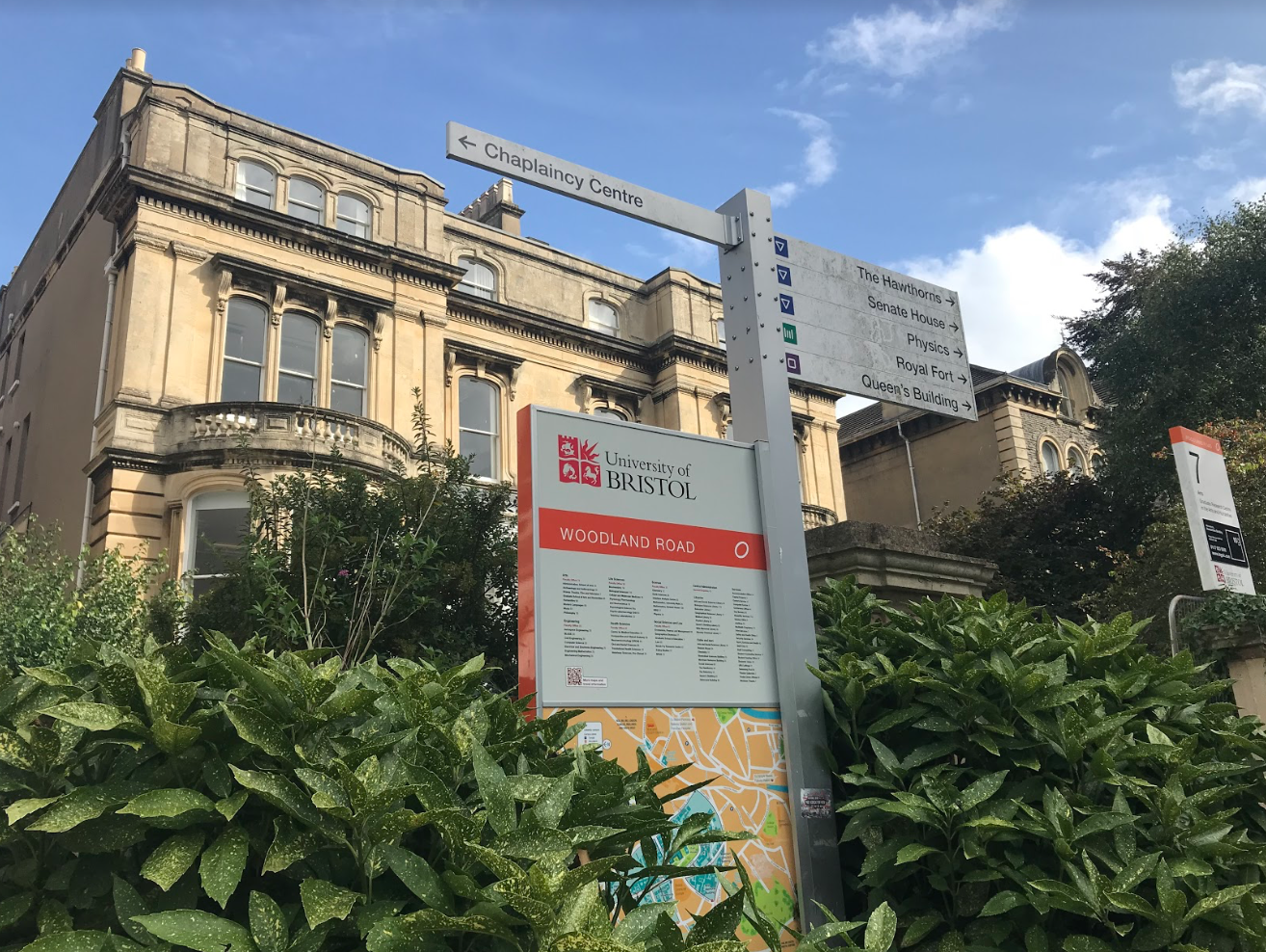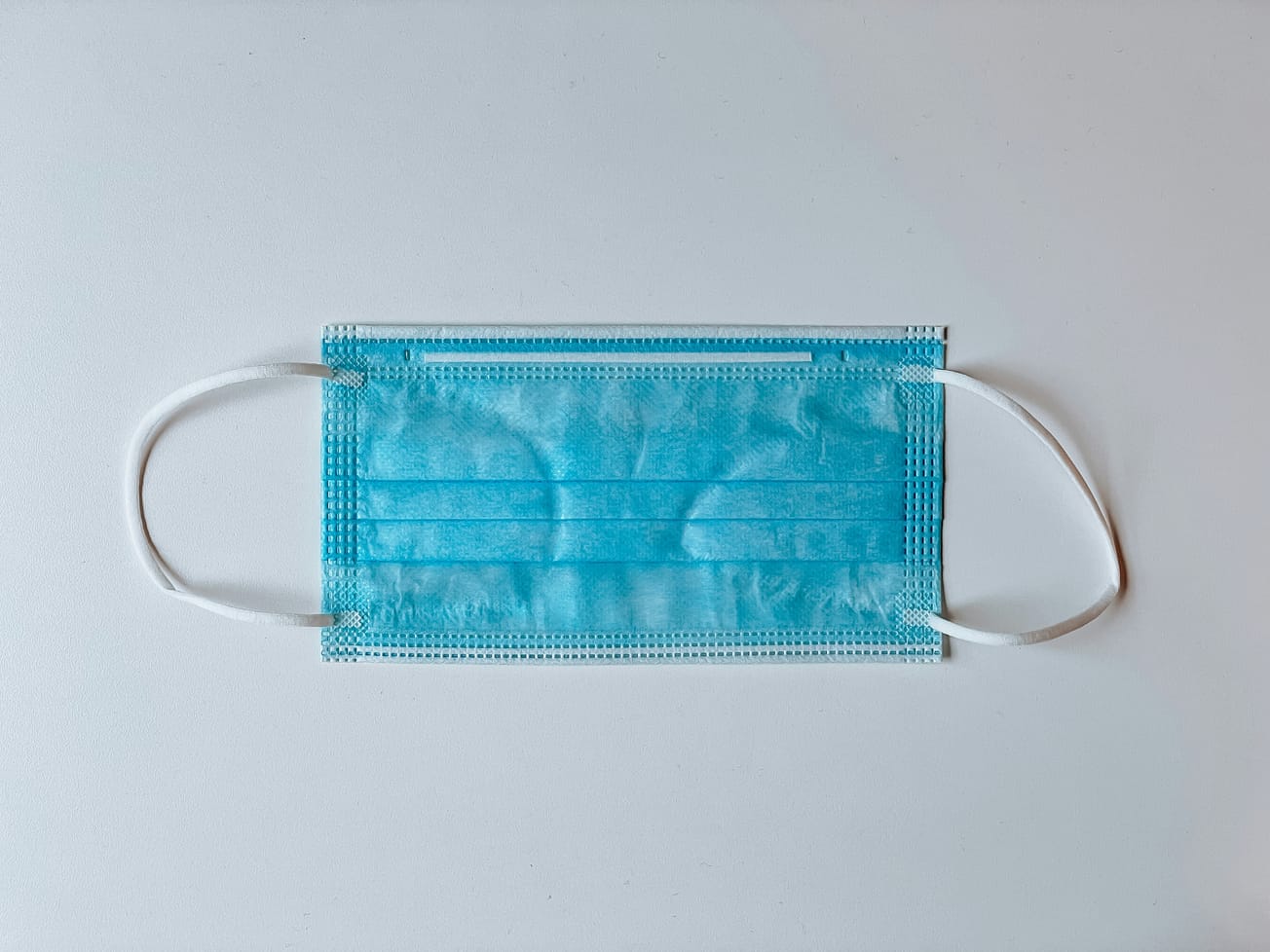By, Nicola Wolmuth-Gordon, Third Year, History
Over the past few weeks, the COVID-19 pandemic has caused nationwide chaos, bringing the world to a grinding halt. Forcing the majority of university institutions to close, many departments have introduced alternative means of teaching and assessing students online.

On Monday, the university revealed its new assessment policy for the Summer term. As a final year History student, I was strongly concerned about how this would impact my degree.
Certain elements of the policy will certainly award the vast amount of work final year students have put into their dissertations. Furthermore, the switch to open-book exams will assess students in the fairest way possible under the extraordinary circumstances we now find ourselves in. However, the ‘no detriment’ policy leaves out critical details for research projects and exams. It is therefore crucial that the university provides further clarification on this, and for final year students in particular.
First and foremost, the Department of History has stated that all students must continue with their dissertations as planned. This will certainly bring a sense of relief to students. Since October, myself and many others have spent an enormous amount of time exploring and finalising their chosen projects. This has involved fitting reading, conducting interviews and organising archive visits around the mounting workload of a final year degree. This is also not forgetting endless meetings with supervisors and the presentations that conclude each term.

The policy therefore recognises the inordinate amount of time and effort students have put into their projects throughout the year. In addition, the department has also extended the revised deadline from the 30thApril to the 21stMay. Although expected, this was strongly welcomed and shows that the university are acknowledging that the vast majority of students have been severely disrupted by the crisis. This aspect of the policy will enable students to produce their best work given the current circumstances.
What students need in this stressful period is clarity, and that is something that this area of the policy unfortunately lacks.
Another satisfactory area of the policy is the introduction of open-book online assessments for Special Subject and Reflective units. During the assessment period, students will receive the examination papers one week before the deadline for submission, with responses being allowed to be submitted at any point prior to the 7-day deadline. Arguably a huge improvement from the university’s previous implementation of 24-hour exams, this will provide a significant amount of time to research, plan and write carefully-thought out responses. Critically, this will help reduce some of the pressure put on students whilst still enabling them to be assessed in a similar, exam-like format that will enable them to complete their degree. This is the best way to assess students given the extraordinary circumstances we now find ourselves in. All in all, certain areas of the policy will therefore bring a sense of relief for anxious final-year students like myself.
However, several components of the assessment policy remain largely ambiguous, and this cannot be ignored. The university has chosen to adopt a ‘no detriment’ policy, stating that ‘we want to reassure you that your final academic outcomes will be not be disadvantaged by engaging with these assessments taking place under these contingency arrangements’. Whilst at first appearing reasonable, this misses out several crucial details. It does not state when this policy will come into place. More worryingly, it does not state which assessments will be included. Will dissertations, who have taken most part of the year to research, be impacted? What students need in this stressful period is clarity, and that is something that this area of the policy unfortunately lacks.
Why university students like me deserve refunds — and no exams, writes @SabriSun_Miller https://t.co/W5i1nUn2Zo
— HuffPost UK Politics (@HuffPostUKPol) March 19, 2020
For final year history students, the policy also raises several questions regarding open-book examinations. It has not been stated whether these will be marked as a normal essay or as an exam. We are therefore quite literally clueless as to what standard are assessments will be marked at, and how academically lenient this will be. Another crucial element of writing an essay is accessing the library, something which students are unable to do given the university’s closure for the foreseeable future. Despite the adoption of a rather vague ‘no detriment’ policy, this could undermine the quality of written assessments and easily compromise exam marks. It is therefore paramount that the university gives arts students in particular further clarification on this.
Are you happy with the University's approach to assessments?









